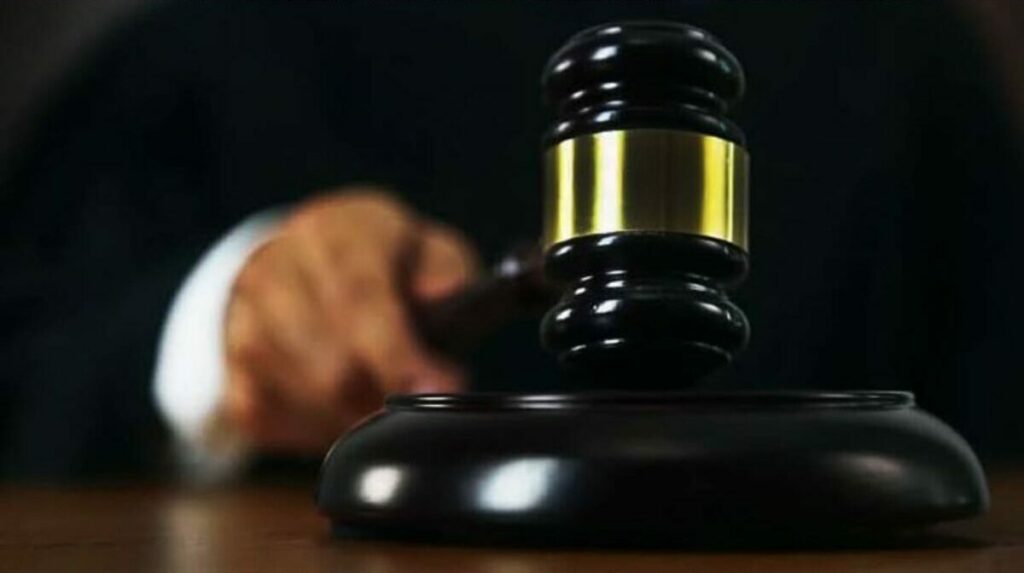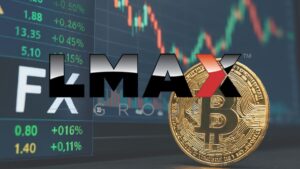Helio Lending, a cryptocurrency lending firm, has been sentenced to serve a non-conviction bond after it was found to have provided false information about having an Australian credit license (ACL).
According to the Australian Securities & Investments Commission (ASIC), Helio falsely claimed it held an appropriate credit license ACL 391330 in an August 2019 news article that appeared on its website.
Melbourne-based cryptocurrency lender Helio Lending Pty Ltd has been sentenced to a non-conviction bond for falsely claiming that it held an Australian credit licence when it did not https://t.co/GwrQ5VbRBf pic.twitter.com/gOsHHp02xL
— ASIC Media (@asicmedia) August 17, 2023
Helio in Legal Problems
As a matter of fact, at the time the statement was made, Helio was neither a holder of an Australian Credit license nor a representative of such a license holder. However, during that time, Helio had provided loans to consumers backed by crypto assets and was using digital currencies as collateral for the loan. ASIC Deputy Chair Sarah Court said,
“We expect entities and individuals to provide accurate information to their customers and potential customers. Helio falsely claimed that it held an Australian Credit license, misleading their customers to believe that they had the protections afforded by such a license.”
During the last sentencing process, Helio had admitted its mistake and entered a guilty plea which ASIC said was accounted for in the sentencing decision and a charge relating to a false representation of holding a license on Helio’s website was withdrawn.
As punishment, Helio was sentenced to a non-conviction bond of 15,000 Australian dollars, approximately $9,600, on condition of good behavior for a year.
Fallacious Crypto Licensing Claims Shoot Up
This is not the only instance of false licensing claims. Recently, the Hong Kong Securities and Futures Commission (SFC) issued a warning to all digital asset exchanges against engaging in illegal practices as they await their licenses.
In a statement, the regulatory agency said it had observed some unlicensed exchanges engaging in improper practices and warned that they could face legal and regulatory consequences. This comes amid soaring tensions that some of the exchanges in the city-state have been falsely claiming to have submitted license applications.
We obtained a temporary asset freeze, restraining order, and other emergency relief against DEBT Box and its four principals, Jason Anderson, his brother Jacob Anderson, Schad Brannon, and Roydon Nelson in connection with a fraudulent scheme to sell crypto asset securities.
— U.S. Securities and Exchange Commission (@SECGov) August 3, 2023
Furthermore, earlier this month, blockchain mining software firm Digital Licensing Inc., operating as “DEBT Box,” was accused of lying to investors about its involvement in crypto mining and its “node licenses.”
As a result, the United States Securities and Exchange Commission (SEC) obtained a temporary asset freeze against the crypto company, accusing the firm of perpetrating a $50 million fraudulent crypto scheme.
Why Obtaining Proper Licenses are Important?
Over the recent past, regulatory bodies have been implementing stringent strategies related to obtaining licenses for crypto focused companies. Without a valid cryptocurrency license, exchanges and organizations may be subject to legal action, resulting in significant fines and even business closure.
Having acrypto license is a guarantee of continuous operations for many market players as customers in today’s world want to know that the businesses they trust with their money are in accordance with local judicial laws.










